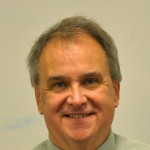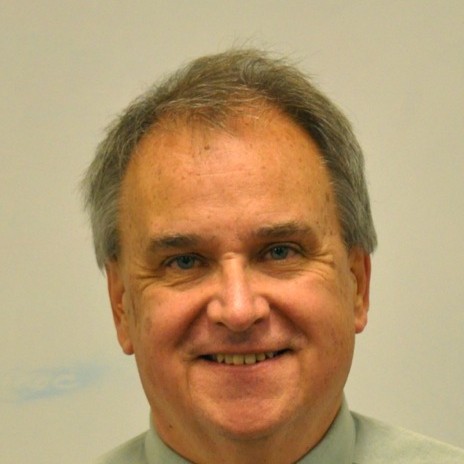 Here’s some great info put together by Mr. Matthias, the teacher who will be leading the charge in the classroom next year for one of Williston’s brand new courses, Microcontrollers and DC Circuits.
Here’s some great info put together by Mr. Matthias, the teacher who will be leading the charge in the classroom next year for one of Williston’s brand new courses, Microcontrollers and DC Circuits.
1. What topics will this class be covering?
The basic principles of microcontroller design and simple DC electrical circuits will be introduced. Topics of voltage, current, resistance, capacitance, induction, Ohm’s Law, and breadboard prototyping will be covered. In addition, students will use their Java/C++ programming knowledge to write programs for the Arduino microprocessor and use these programs to control the behavior of their DC circuits. Online circuit design software will also help students test and document circuit designs before building them.
2. How is this class different from the other classes taught at Williston?
The two major areas of knowledge presented in this course are computer programming an direct current electricity. Classes already exist for students to learn computer programming in the Math Department (e.g.; Engineering & Robotics, Advanced Programming and AP Computer Science, Video Game Design) and the Science Department offers topics in electricity (e.g.; AP Physics 2, AP Physics C). What makes the Microcontrollers and DC Circuits course unique is the way it integrates topics from BOTH departments into a single, hands-on experience. The topics presented in Microcontrollers and DC Circuits form the basics of a STEM-based (Science, Technology, Engineering and Mathematics) education.
3. Why do you think it is an important class to offer?
Microcontrollers and DC Circuits expands the School’s STEM offerings for students interested in studying electronics, computer engineering, or electrical engineering at the college/university level. It also presents topics that can be somewhat abstract (programming theory, current/voltage/resistance, etc.) and makes them concrete through experimentation in a hands-on experience.
4. Why should students take this class? What type of student do you think this class will appeal to?
Certainly, any student who has an interest in computer programming or engineering will find that this course will augment their level of preparation for studying engineering at the college/university level. In addition, a student who has had taken the computer programming classes at Williston will be able to use and expand their programming knowledge to build and program DC circuits that perform many different functions.
5. What prerequisites are required for a student to take this class?
Prospective students must have competed both Engineering & Robotics I and II, or Advanced Programming in Java and receive approval from the Math Department.
6. Is there anything else students should know or other things about this class you would like students considering this class to know?
Microcontrollers and DC Circuits is designed for knowledge mastery through a fun, engaging and experiment-based experience. Student will each have their own microcontroller (Arduino), a prototyping “breadboard”, and a kit of electrical components. In addition, software to program the Arduino will be installed on the students’ Surface.
Also, for those students who anticipate taking AP Physics 2 or AP Physics C, Microcontrollers and DC Circuits will prepare them in advance for the topics in the Electricity unit of both courses.
7. Have you taught any other similar topics before? If not, has there been/ do you anticipate there being a learning curve for you as a teacher when preparing the material?
I have taught the skills necessary for the computer programming aspect of Microcontrollers and DC Circuits. I have also been an amateur electronics hobbyist for the last 52 years. I will be blending my teaching experience in computer programming with my knowledge of DC electronics, and will frame both in a curriculum I am developing with the generous help awarded to me by a Williston Summer Grant. As part of the grant, I will be attending a week-long workshop for educators taught by secondary school electronics curriculum developers.


